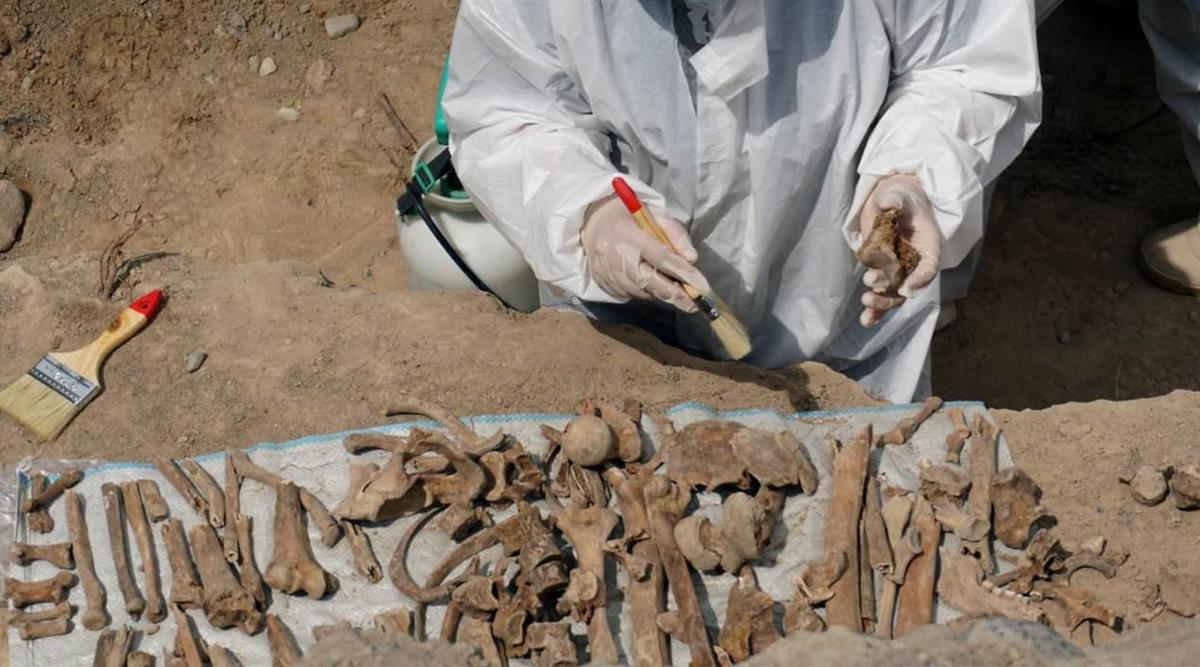KazNU scientists participate in the development of forensic archeology

Scientists of the Al-Farabi Kazakh National University are taking part in archaeological excavations in the village of Zhanalyk in Talgar district in order to recreate a holistic picture of the mass repressions of the Stalinist period. For the first time in Russian archeology, tragic events related to the political repressions of the twentieth century are being investigated.
Forensic archaeology is one of the young directions in science, closely related to forensic expertise. Many scientific centers in the world are already engaged in forensic archaeology in the search for both single and mass graves (mass graves), applying the methodology and achievements of various fields of science.
The formation of forensic archaeology in Kazakhstan became possible thanks to the implementation of the grant program "Archaeological verification and historical identification of the remains of victims of political repression in the village of Zhanalyk, Almaty region: interdisciplinary research" funded by the ISS RK through the State Historical and Cultural Reserve-Museum "Issyk".
The project manager is the Dean of the Historical Faculty of Al-Farabi Kazakh National University, Doctor of Historical Sciences, Professor Dosbol Baygunakov. The research group of the program includes members of the Kazakhstan Voluntary Historical and Educational Society "Adilet", researchers of the State Historical and Cultural Reserve-Museum "Issyk" and the Museum of Political Repression, the Institute of Genetics and Physiology, the Institute of Forensic Medical Examination of Almaty, teachers of the Department of Archeology, Ethnology and Museology of Al-Farabi Kazakh National University and others .
During the month, archaeological excavations are carried out in the village of Zhanalyk, the purpose of which is to identify the bone remains of repressed people, as well as to recreate a holistic picture of the mass repressions of the Stalinist period. The traditional methodology of archaeology is widely used in field research, as well as modern multidisciplinary methods that are practiced mainly in historical science, anthropology, criminology, forensic medical examination, population genetics, etc.
During the excavations, more than 30 bone remains of the repressed have already been identified, as well as personal belongings, household items and other materials testifying to the "red terror", according to the results of which a new direction in the archeology of Kazakhstan – "forensic archaeology" will soon be identified. The received materials will replenish the collections of museums showing the horrifying facts of the command and administrative regime of the Stalin era.
Press Service of Al-Farabi Kazakh National University
